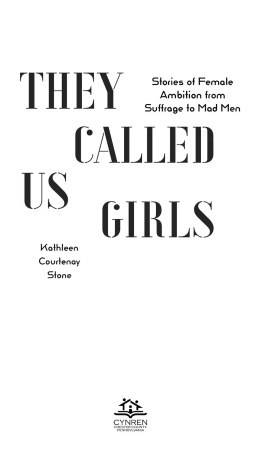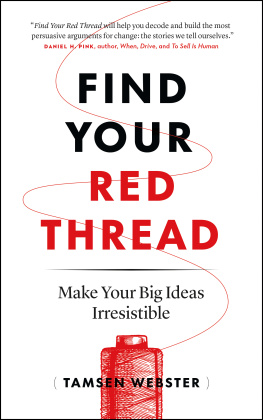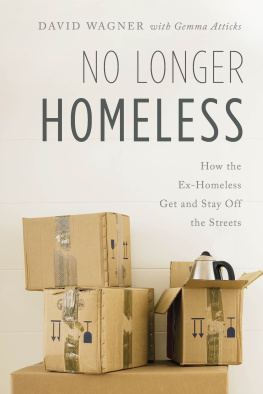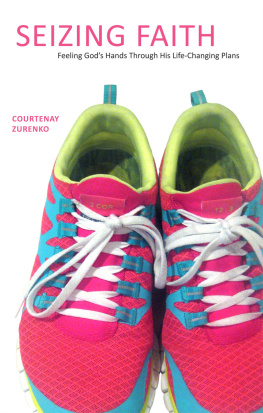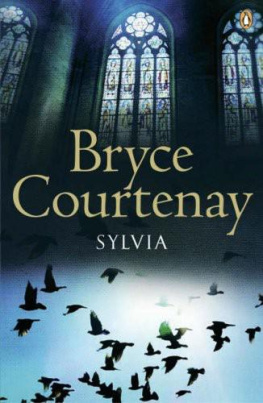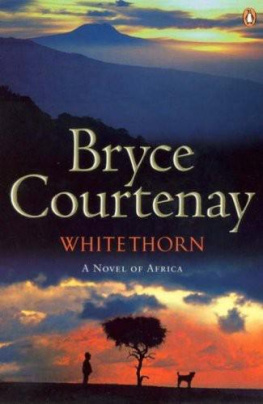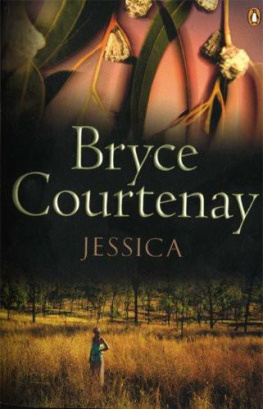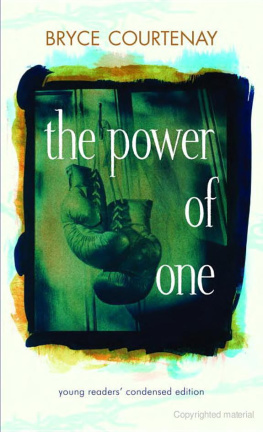A Note on the Author
TAMSEN COURTENAY worked as an investigative journalist for the BBCs Panorama and Channel 4s Dispatches . She lives in central Italy, and wrote a blog called Land of the Forgotten Earthquakes about the seismic destruction of the region.
For my mum, Gill Dill Courtenay
Dear Reader,
The book you are holding came about in a rather different way to most others. It was funded directly by readers through a new website: Unbound. Unbound is the creation of three writers. We started the company because we believed there had to be a better deal for both writers and readers. On the Unbound website, authors share the ideas for the books they want to write directly with readers. If enough of you support the book by pledging for it in advance, we produce a beautifully bound special subscribers edition and distribute a regular edition and ebook wherever books are sold, in shops and online.
This new way of publishing is actually a very old idea (Samuel Johnson funded his dictionary this way). Were just using the internet to build each writer a network of patrons. At the back of this book, youll find the names of all the people who made it happen.
Publishing in this way means readers are no longer just passive consumers of the books they buy, and authors are free to write the books they really want. They get a much fairer return too half the profits their books generate, rather than a tiny percentage of the cover price.
If youre not yet a subscriber, we hope that youll want to join our publishing revolution and have your name listed in one of our books in the future. To get you started, here is a 5 discount on your first pledge. Just visit unbound.com , make your pledge and type UNDER5 in the promo code box when you check out.
Thank you for your support,
Dan, Justin and John
Founders, Unbound
Contents
Where there is ruin, there is hope for treasure
RUMI
A Note on Style and a Word of Warning
I decided to use three different ways to reproduce the conversations that I recorded out on the street.
Sometimes I have simply typed up the words that were spoken in response to my questions or comments and havent included my words or contributions. I used this method where people were particularly chatty or they told their stories in a way that needed less in the way of questions and comments from me.
Other conversations are more conventionally reproduced as questions and answers. I did this when there was more banter between the two of us or when people responded more readily to questions.
There are also eight much briefer accounts of encounters with some people. I felt that each of these people contributed something interesting to an understanding of homelessness, although they may have actually said very little indeed. In these cases I found it simpler to use a mix of their words and my observations. The ellipses reflect pauses as a person speaks.
And that word of warning?
These stories and interviews are transcribed verbatim, so there are masses of spicy expletives. Quite a few are mine, I have to confess swearing is my default setting when Im shocked, amused or angry. So, you might want to keep teeny little hands away from these pages. Some of the stories are about prostitution, underage sex, drug use and other complex issues that kids might not be ready for.
Snakes and Ladders
One grim autumn I spent many weeks watching a strange game of Snakes and Ladders being acted out on the streets of one of Europes great capital cities. For the players, it was often a discouraging game and it was very difficult to get ahead and when they did, it was just a matter of luck. A throw of the dice, really.
Under glitzy lights, in smart shop doorways, urine-stained tunnels and dirty alleyways, I met the people who just kept landing on the go back three spaces square and then slipping down the snake. Again.
Even with a lot of mental agility its almost impossible to imagine how people who are homeless actually manage to live their lives and get through each long day.
Like me, you probably have an address. Electricity bills, birthday presents, and friends arrive at that address. You can tell a cab driver exactly where you live and hell take you there. An address means you belong. Not having one creates a whole world of pain and sorrow a world that I was about to enter and explore.
Try closing your eyes for a moment and picture yourself with flu and no one there holding your hand or with food poisoning, needing to be very close to a loo. Now imagine these things again, but this time youve got no roof over your head, no walls and no privacy. Youre out there in the open. Youve lost your kettle, every stick of furniture, and just about everything you ever cared about.
Now its just you and the rubble of your life. The entire neighbourhood walks past you every day. You, on the absolute worst day of your life. And so it goes on, day in and day out.
Between us, the homeless and I tried to make sense of their lives lives lived four feet below the rest of us, on the pavement where they laugh, think, worry and sometimes die, and keep only what they can carry. Living alone, theyre always on the move, rootless and wherever they are, theyre rarely welcome. Through tragedy, misfortune and occasionally bad decisions, theyve ended up with no home to call their own.
This book turned out to be both a celebration and a lamentation for all those who do not have an address, who are hidden in plain sight on the streets of London.
Accidental Heroes
In my previous job as an investigative journalist I often dealt with those whose life experiences were far removed from most peoples. These lives were generally secret or hidden away from the rest of us, involving things like domestic violence, miscarriages of justice, deaths in prison and so on.
What particularly struck me about the homeless was that their lives are indeed secret but they are not hidden: quite the reverse they are there, in ever-growing numbers, for everyone to see. They are in every city in every country.
I started out with just one assumption that virtually no one would actively choose to be displaced, dispossessed and destitute. But if they hadnt chosen it, how did they end up living in a shop doorway at the bottom of my road? And if they had chosen it, what was so horrific about their life before, that it made this the better option?
I wanted to know what happens to the minds and bodies of those who are reviled, rejected and have absolutely nowhere left to hide.
I asked countless questions of Londons homeless which they answered with candour and grace. What was their childhood like? How do they manage to stay alive? What do they think about when they fall asleep at night? (In fact, I learned that many of them dont fall asleep at night theyre too scared.) Where are their families? Where are they when I cant see them? What do they do all day?


